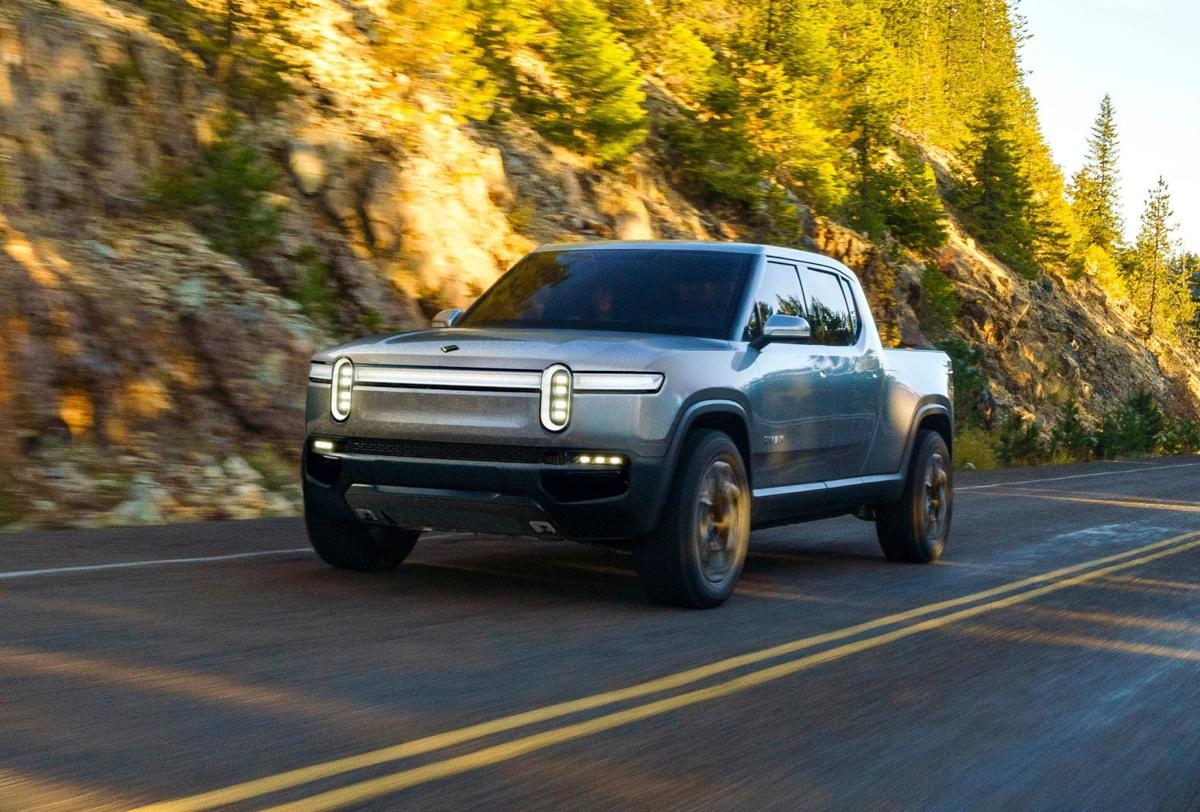Rivian is facing unprecedented difficulties


In brief, established manufacturers like General Motors and Ford, as well as premium brands like BMW and Mercedes-Benz, are presenting not just new electric vehicles but also significant technology improvements. The sector as a whole is rapidly electrifying, and Rivian appears to be struggling to stay up.
To be clear, Rivian is not in grave danger, but it does need to address its declining stock value. Its first public offering was the sixth largest in US history and the largest of 2021. Stocks began trading at $78 and swiftly soared to as high as $172.01, giving Rivian a market value of more than $100 billion, more than General Motors and Ford combined. Additionally, the latter is a significant investor in Rivian.

Rivian's shares, on the other hand, fell as much as 3% late last week, following a 17 percent decline earlier in the week. Rivian previously disclosed that it would fall "a few hundred vehicles short" of its 1,200-unit target this year. This excludes Amazon's vans. However, the good news for Rivian (and investors) is that it is thriving in other markets. Preorders for the R1S increased from around 55,000 to 71,000 in the period between the end of October and mid-December. Additionally, it revealed plans to establish a new $5 billion manufacturing facility in Georgia to help meet rising demand.
Rivian, like the majority of automakers, faced significant challenges in 2021 and is hoping for smoother sailing in 2022. However, the critical point is to ramp up manufacturing and get those electric trucks and SUVs into homeowners' driveways.

Advertisement